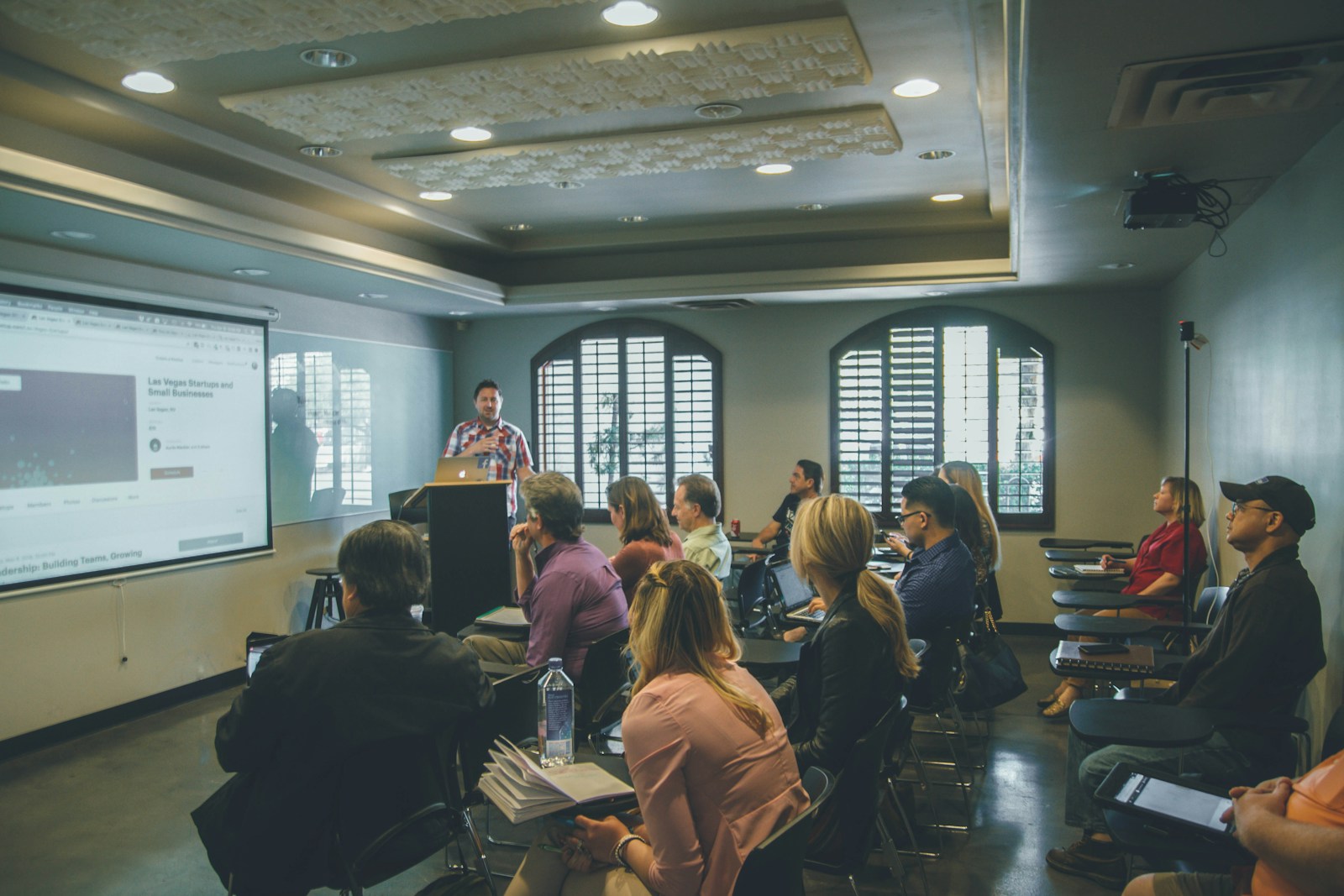Adults learn differently because life is full. Time is fragmented, attention competes, and goals are practical. The secret isn’t more hours—it’s better methods. This guide focuses on approaches that fit around real schedules and help knowledge stick.
Define “done” before you start
Pick a clear outcome you can test: “Hold a 5‑minute conversation in Spanish,” “Build a budget with categories,” or “Explain a topic to a colleague.” Tangible outcomes keep practice focused and satisfying.
Break skills into tiny loops
Great learners cycle through attempt → feedback → tweak rapidly. Turn a big skill into small loops you can finish in 15–30 minutes. For example, practise one tense, one spreadsheet formula, or one sketch technique—then review what changed.
Use retrieval over rereading
Instead of highlighting, try to recall ideas from memory. Mini‑quizzes, flashcards, or explaining out loud strengthen recall and reveal gaps quickly.
Space it out and mix it up
Short, spaced sessions beat cramming for long‑term retention. Mix related topics—called interleaving—so your brain learns to choose the right method in the right context.
Design frictionless cues
Leave your materials visible and ready: open the tab, put the instrument on a stand, or pin the deck you’re practising. Lowering setup costs makes practice happen on busy days.
Conclusion: progress measured in loops
Adults thrive with tiny, testable steps and steady repetition. Make learning bite‑sized, visible, and anchored to outcomes you care about.
Actionable tips
- Write a one‑sentence “done” definition per topic.
- Schedule three 20‑minute sessions this week.
- Use retrieval: quiz yourself before checking notes.
- Interleave two related sub‑skills per session.
- Keep tools visible to reduce setup friction.
Key takeaways
- Clear outcomes focus practice.
- Tiny feedback loops speed improvement.
- Retrieval and spacing beat rereading for memory.
- Designing cues keeps learning consistent.
